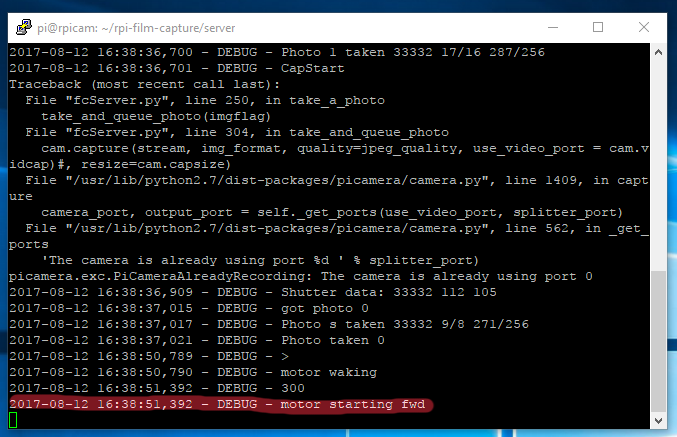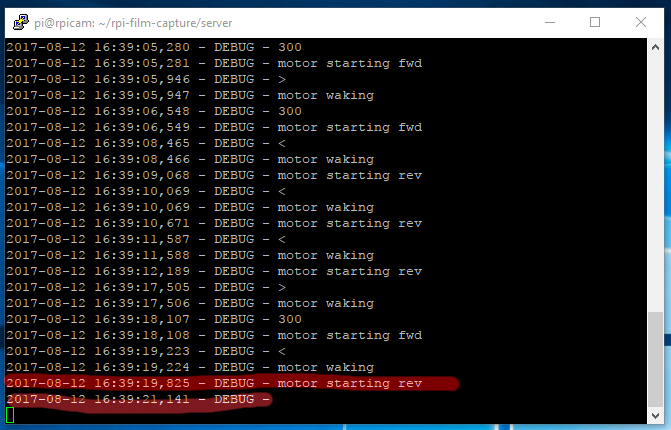What is the Water Cycle?
The water cycle is a atheist-scientific “theory” that rainfall is caused by a completely naturalistic process involving evaporation, condensation, heat, and air currents.
What did the ancients believe?
They believed the plain teaching of God’s Word in verses such as these:
Deuteronomy 11:14
“If you carefully observe the commands that I’m giving you today, to love the LORD your God and serve him with all your heart and soul, then he will send rain on the land in its season the early and latter rains then you’ll gather grain, new wine, and oil.”
Job 5:10
“He gives rain on the earth and sends water on the fields…”
Matthew 5:45
“… so that you may be sons of your Father who is in heaven; for He causes His sun to rise on the evil and the good, and sends rain on the righteous and the unrighteous.”
Jeremiah 14:22
“Are there any among the idols of the nations who give rain? Or can the heavens grant showers? Is it not You, O LORD our God?”
There are many others. They all clearly show that it is God who sends — and withholds — the rainfall, and not some impersonal, random, natural process. Nowhere in the Bible can you find any indication that rain comes anywhere from God Himself.
Reality Science vs. Water Cyclism
But wait, you say, can’t we reproduce evaporation and condensation in a lab? Yes, we can! That’s called experimental science. Even a child at home can see this demonstrated when boiling water, or seeing the drops of water on a cold window when it’s humid outside.
But has anyone actually seen a water molecule ascend to the heavens and descend again as rain? No. Because it can’t be repeated in the sky, it’s not experimental science.
Can the water cyclists (professionally known as Meteorologists) predict rain with any accuracy? If you’ve ever watched the weather forecasts, you will know that they cannot. They are never even close. This shows clearly the faulty thinking that comes from believing that simple evaporation/condensation can explain rainfall.
Yet still the water cyclists claim that God is not in control of the rain!
Theistic Water Cyclism and Christians
The essence of theistic water cyclism is “God started the water cycle and he is still watching over the rainfalls and storms.” Regardless of any good intentions, theistic water cyclists twist Scripture and weaken the fabric of biblical doctrine.
Theistic Water Cyclistic Assumptions
In theistic water cyclism, the Bible is regarded as a collection of documents which partially contains God’s Word. The Bible thus contains no authoritative, binding truths, but must be freshly interpreted and corrected for every era and in every situation.
God in the Water Cycle?
Christians who adopt water cyclism are inconsistent because they are accepting the foundation of the humanistic worldviews. Essentially, they are telling God that they believe Him when He told us about the Virgin Birth, Crucifixion, and Resurrection of Christ, but they do not trust Him when He tells us about how He sends rain to the world.
Compromise in Christian Leaders
Some respected Christian leaders, famous for defending the fundamentals of the faith against compromise, were guilty of their own compromise. None of us, including any particular scholar (no matter how respected he is), or even the majority of scholars or Christians, can be the final authority for determining truth. God’s Word must be the authority.
Thanks to Answers in Genesis and God of Evolution for the idea.













